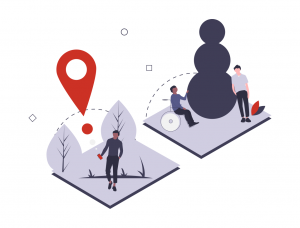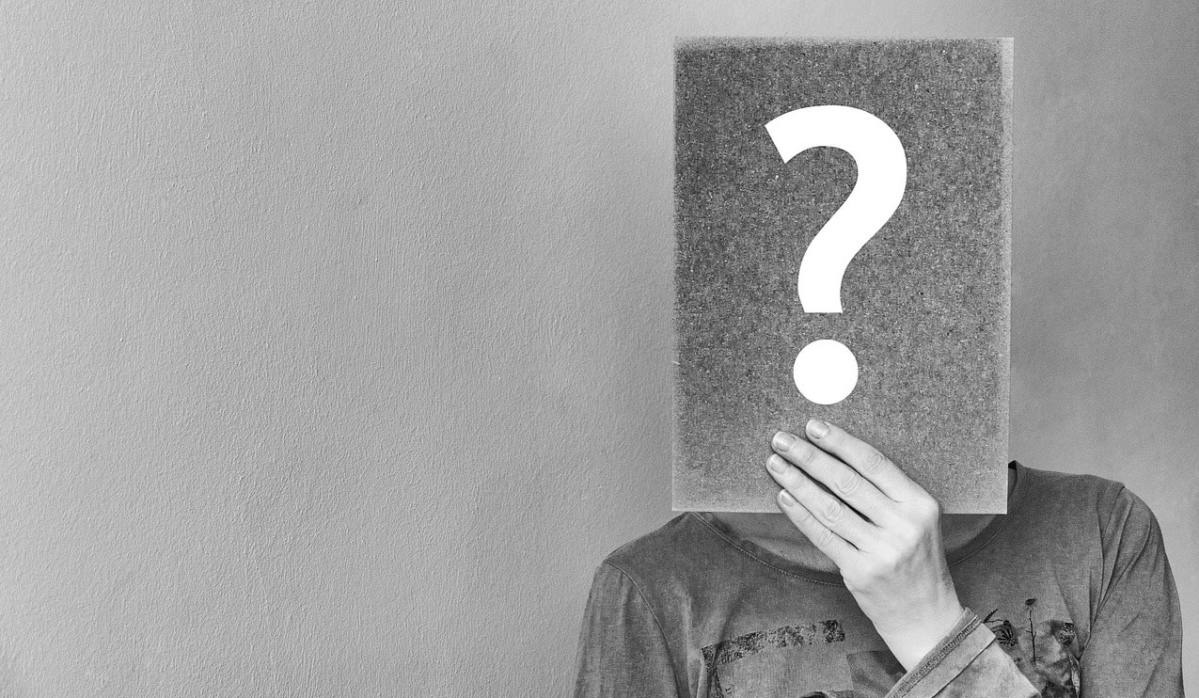The Arrival of Field Experiments in Economics
When most people think of “experiments,” they think of test tubes and telescopes, of Petri dishes and Bunsen burners. But the physical apparatus is not central to what an “experiment” means. Instead, what matters is the ability to specify different conditions–and then to observe how the differences in the underlying conditions alter the outcomes. When “experiments” are understood in this broader way, the application of “experiments” is expanded. For example, back in 1881 when Louis Pasteur tested his vaccine for sheep anthrax, he gave the vaccine to half of a flock of sheep, expose the entire group to anthrax, and showed that those with the vaccine survived. ….[READ]
Publisher: Source link











